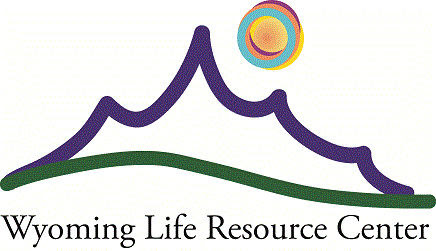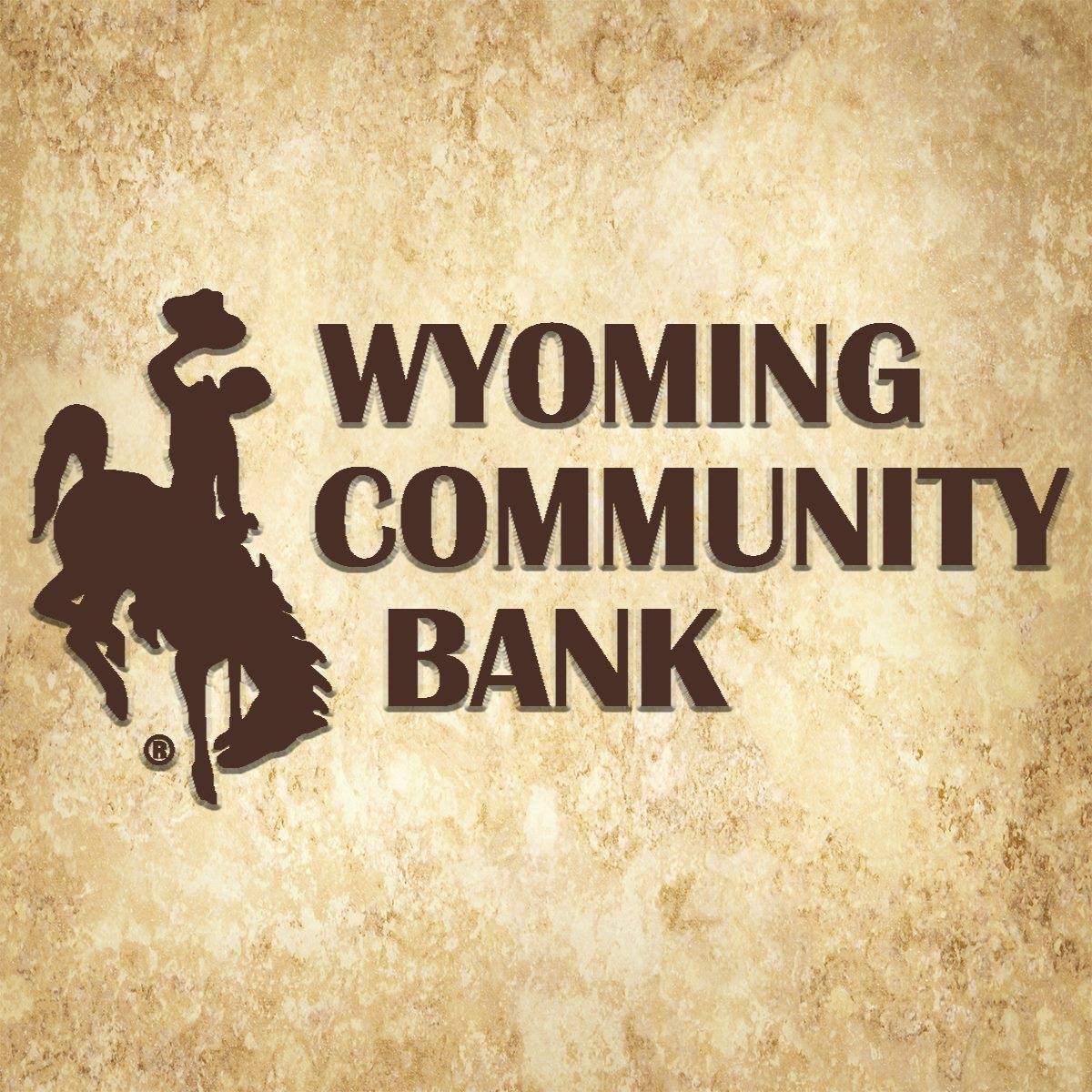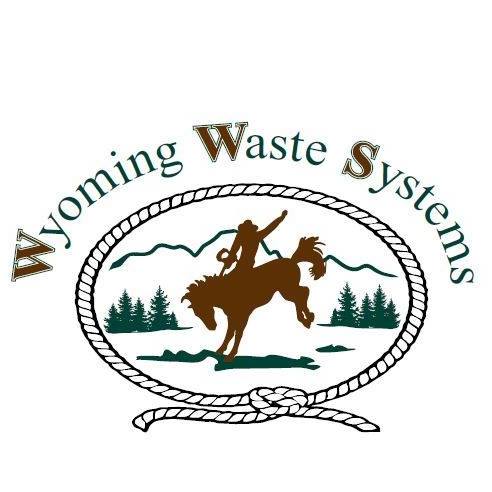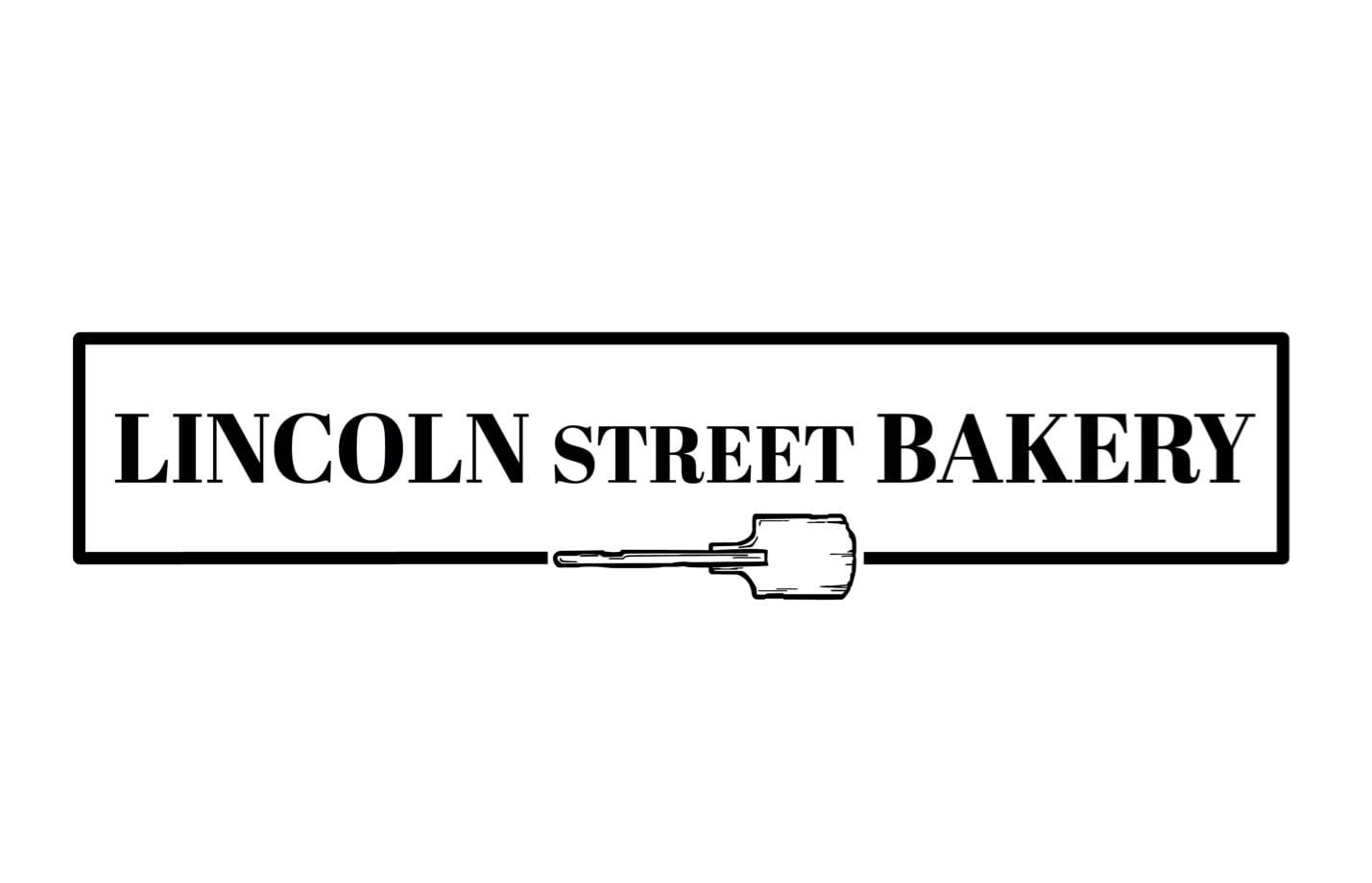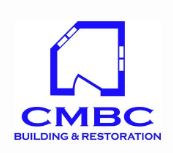The global economy currently faces many difficulties. For example, the COVID pandemic has disrupted ways of working, leading to labor shortages in critical industries, and the ongoing war in Ukraine has disrupted already shaky supply chains.
This has led to uncertainty at a local level, and many of our members have concerns about the future of their businesses. With this in mind, we have produced a three-part series of articles to help members understand the macro-economic situation and how it affects your business.
We’ve all been hearing in the news that a recession is becoming more likely in the US next year. But what is a recession, and how will it affect your business over the coming months and years? In this conclusion to our three-part blog post series, we talk about recessions, their causes, and how to be prepared.
What is a Recession?
Growth is the fuel driving the engine of our economy but sometimes that fuel runs short, and the overall Gross Domestic Product (GDP) begins to shrink. When this happens for a period of months, this is called a recession; the official marker for a recession is when GDP contracts for two consecutive quarters. According to Federal Reserve History, the last time this happened in the US was from December 2007 until June 2009. This was the most prolonged recession since World War II, and like all recessions, it caused economic hardship for millions. When the economy contracts, less money is spent and fewer workers are needed, leading to high unemployment.
Causes of Recession
Recessions are started by one or more of a list of conditions, including:
- Economic shocks. An example would be OPEC cutting off oil supply to the US in the 1970s or the recent COVID pandemic.
- Excess Debt. When businesses and individuals take on too much debt or the banks are lending indiscriminately, there can come the point where they can no longer pay those debts. Defaults and bankruptcies then disrupt the economy.
- Asset bubbles. The 2007-2009 recession was caused, at least in part, by real estate prices becoming over-inflated. Once it became apparent that property was overvalued, individuals and businesses began to dump their stock, leading to a price crash. This had a knock-on effect on the economy as many investment portfolios relied heavily on real estate.
- Technological advances. In the past, new technologies have led to whole professions becoming obsolete and mass unemployment, causing recessions. Some economists worry that this may happen again with robots and AI taking away entire sections of jobs.
How do Recessions Affect Local Businesses?
Local businesses can be among the hardest hit by a recession. During the last downturn, 170,000 small businesses closed forever. Unlike larger organizations, they don’t generally retain large capital reserves, can’t maintain large profit margins, and can’t simply lay off large numbers of workers to protect profitability. Typically, our members employ people with strong connections to the business whose knowledge and skills are not easily replaced.
During a recession, income is bound to go down as higher unemployment rates mean less cash to spend in the local economy. With the vulnerabilities pointed out above, this is tough news for local businesses.
Planning for the Long Term
Although there’s not much we can do about a nationwide recession; it doesn’t have to be doom and gloom for your business. Local communities are good at banding together to support each other during a crisis, and small businesses can be adaptable. For example, layoffs can be avoided by asking staff to work fewer hours. That way, you still have those skilled, loyal employees available once a crisis ends. Look at other ways to save costs or consider investing capital when times are good, so there’s a buffer for the hard times. A modern local business is flexible and agile, and we’re confident that, with sufficient planning, your business can endure a recession and emerge stronger than ever.



